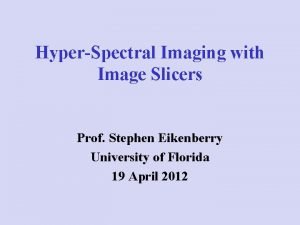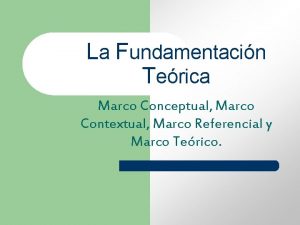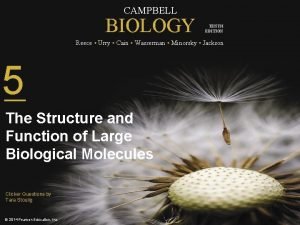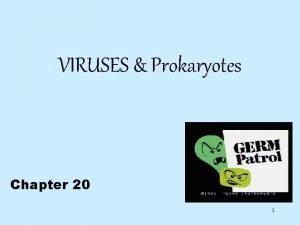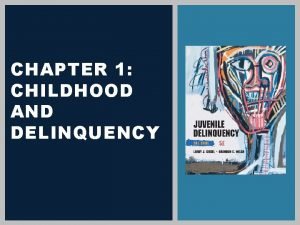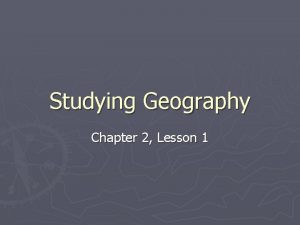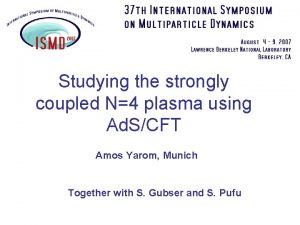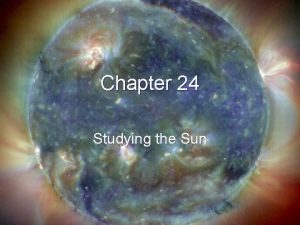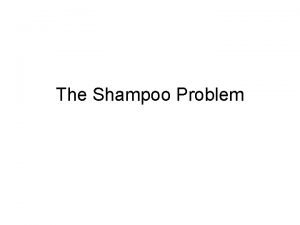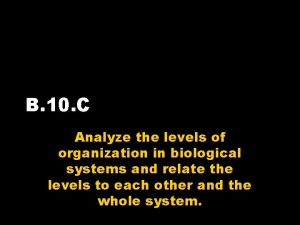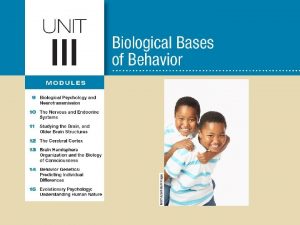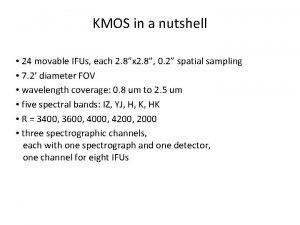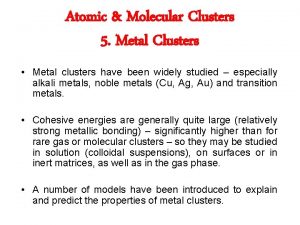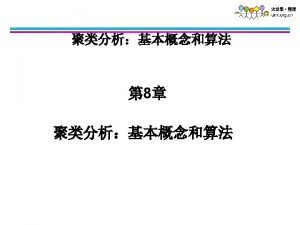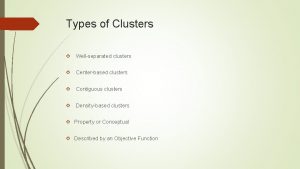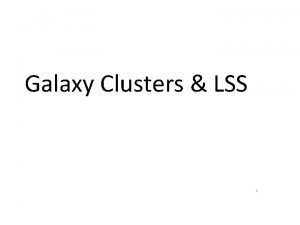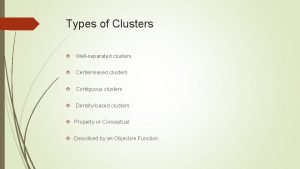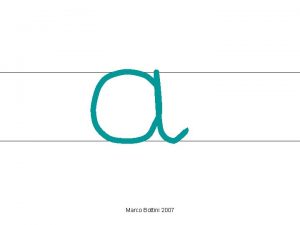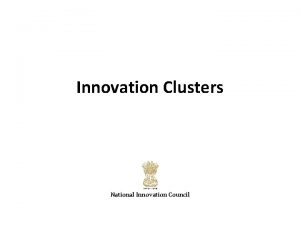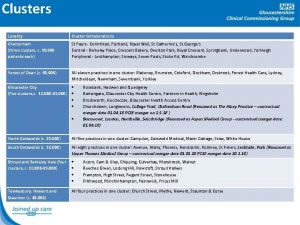Studying Galaxieswith IFUs Studying Clusters Galaxyof Clusters Marco















- Slides: 15

Studying Galaxieswith IFUs Studying. Clusters Galaxyof. Clusters Marco Scodeggio, Bianca Garilli, Dario Maccagni, Micol Bolzonella, Paolo Franzetti, Alessandra Zanichelli* IASF - CNR, Milano, Italy *IRA - CNR, Bologna, Italy Euro 3 D Kick-off Meeting, IAC July 2002

Why study clusters of galaxies 1. for themselves, as tracers of the large-scale distribution of matter in the Universe 2. for the galaxies they "contain", to study the processes of galaxy formation and evolution Euro 3 D Kick-off Meeting, IAC July 2002

REFLEX Clusters (Guzzo 2002) 2 d. F Galaxies (Peacock et al. 2001) Euro 3 D Kick-off Meeting, IAC July 2002

Despite the different density of objects, galaxies and clusters trace the same 3 D structures, with clusters covering (potentially) larger volumes Notice how the best fitting model is just one, the same for galaxies and for clusters, scaled to the different "mass" of these objects (Guzzo 2002) Euro 3 D Kick-off Meeting, IAC July 2002

Evolution of cluster abundance with redshift No evolution for a low W 0 Universe Strong evolution for a high W 0 Universe (Bahcall & Fan 1997) Euro 3 D Kick-off Meeting, IAC July 2002

Galaxy properties: the Fundamental Plane From the Virial theorem we have: GM/<R> = k. E<V 2>/2 The observed quantities can be related to the physical ones via Re = k. R<R> ; s 2 = k. V<V 2> ; L = k. LRe 2 S And one derives the relation: Re = k. FP s 2 S-1 (M/L)-1 To be compared with the observed one: Log Re = a Log s + b Log S with coefficients a Y 1. 5 and b Y - 0. 85 Euro 3 D Kick-off Meeting, IAC July 2002

Local Universe High -z Universe (Kelson et al. 1997) (Scodeggio et al. 1997) Euro 3 D Kick-off Meeting, IAC July 2002

Evolution of the M/L ratio with redshift, and implications on the formation epoch of cluster elliptical galaxies (van Dokkum 2001) Euro 3 D Kick-off Meeting, IAC July 2002

How to study clusters of galaxies 1. from a survey, build a candidates sample 2. confirm spectroscopically the candidates (and get a measure of the cluster redshift) 3. study in detail the cluster and its galaxies (obtain spectra for many cluster galaxies) Euro 3 D Kick-off Meeting, IAC July 2002

The spectroscopic work is trivial at low redshift (z < 0. 1) but becomes very difficult at medium / high redshift (z > 0. 5) (Dickinson 1997) Euro 3 D Kick-off Meeting, IAC July 2002

Targetting cluster galaxies: the MOS case Euro 3 D Kick-off Meeting, IAC July 2002

Targetting cluster galaxies: the IFU case Euro 3 D Kick-off Meeting, IAC July 2002

IFU dominates over MOS for clusters work Same limiting magnitude Same exposure time Euro 3 D Kick-off Meeting, IAC July 2002

Conclusions 1. MOS observations are not well suited for studying medium/ high redshift clusters (z > 0. 5), as they not even always provide enough redshifts to confirm the cluster presence 2. IFU observations, on the contrary, always provide enough data to confirm the cluster presence, and most of the time also enough data to study the cluster properties and build a significant sample of cluster galaxies 3. The number of target cluster galaxies in deep IFU observations depends very mildly on the cluster redshift Euro 3 D Kick-off Meeting, IAC July 2002

To be continued. . Euro 3 D Kick-off Meeting, IAC July 2002
 Stephen eikenberry
Stephen eikenberry Conceptual y contextual
Conceptual y contextual A student is studying the ecology of a playa lake
A student is studying the ecology of a playa lake A polysaccharide you are studying contains unbranched
A polysaccharide you are studying contains unbranched Section 1 studying viruses and prokaryotes
Section 1 studying viruses and prokaryotes Kendra is studying the energy pyramid shown
Kendra is studying the energy pyramid shown Juvenile delinquency objectives
Juvenile delinquency objectives Guided reading lesson 1 studying geography answer key
Guided reading lesson 1 studying geography answer key Friday rakat
Friday rakat Studying
Studying Benefits of studying in a quiet place
Benefits of studying in a quiet place Chapter 24 studying the sun
Chapter 24 studying the sun Researchers who are studying a new shampoo
Researchers who are studying a new shampoo A student is studying the ecology of a playa lake
A student is studying the ecology of a playa lake Importance of learning literature
Importance of learning literature Module 11 studying the brain and older brain structures
Module 11 studying the brain and older brain structures
